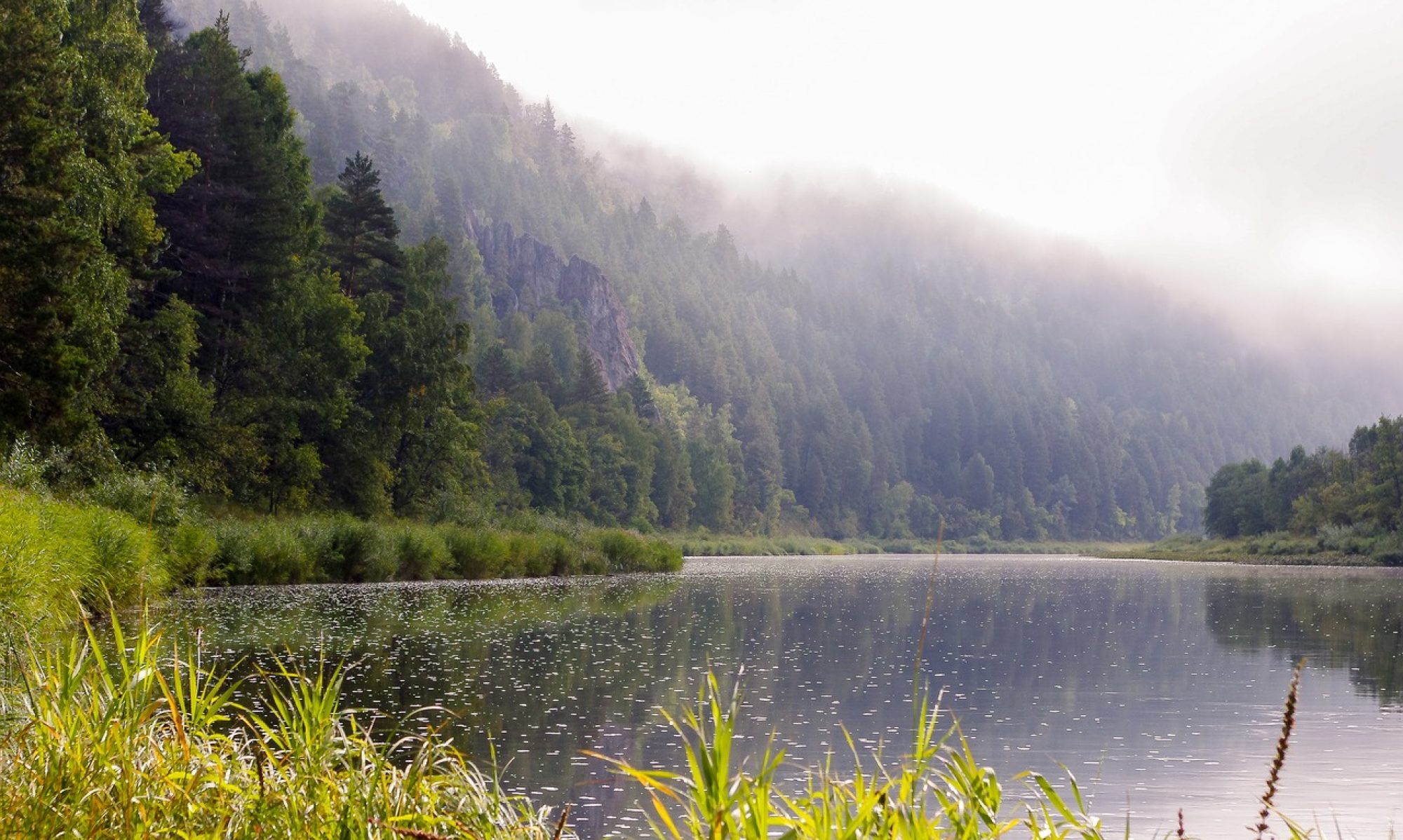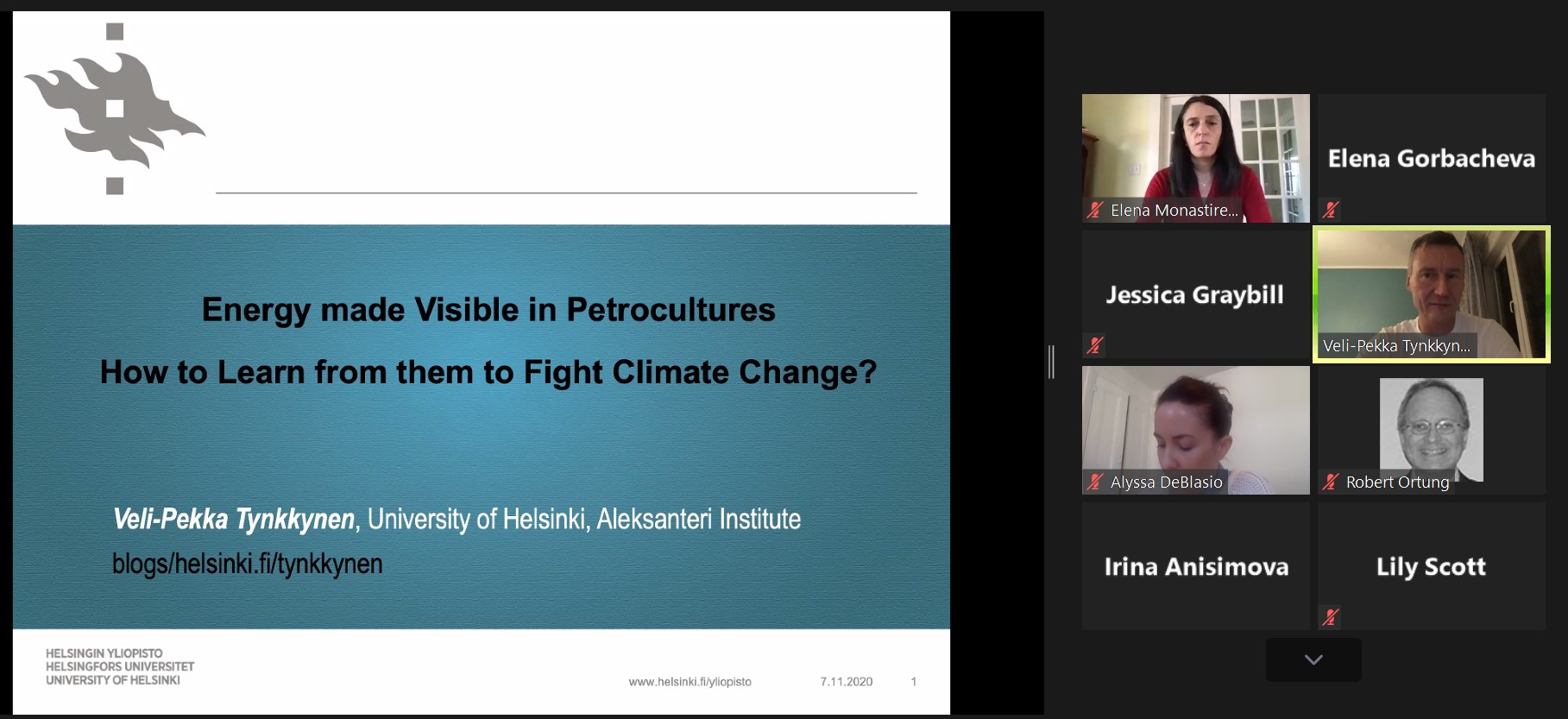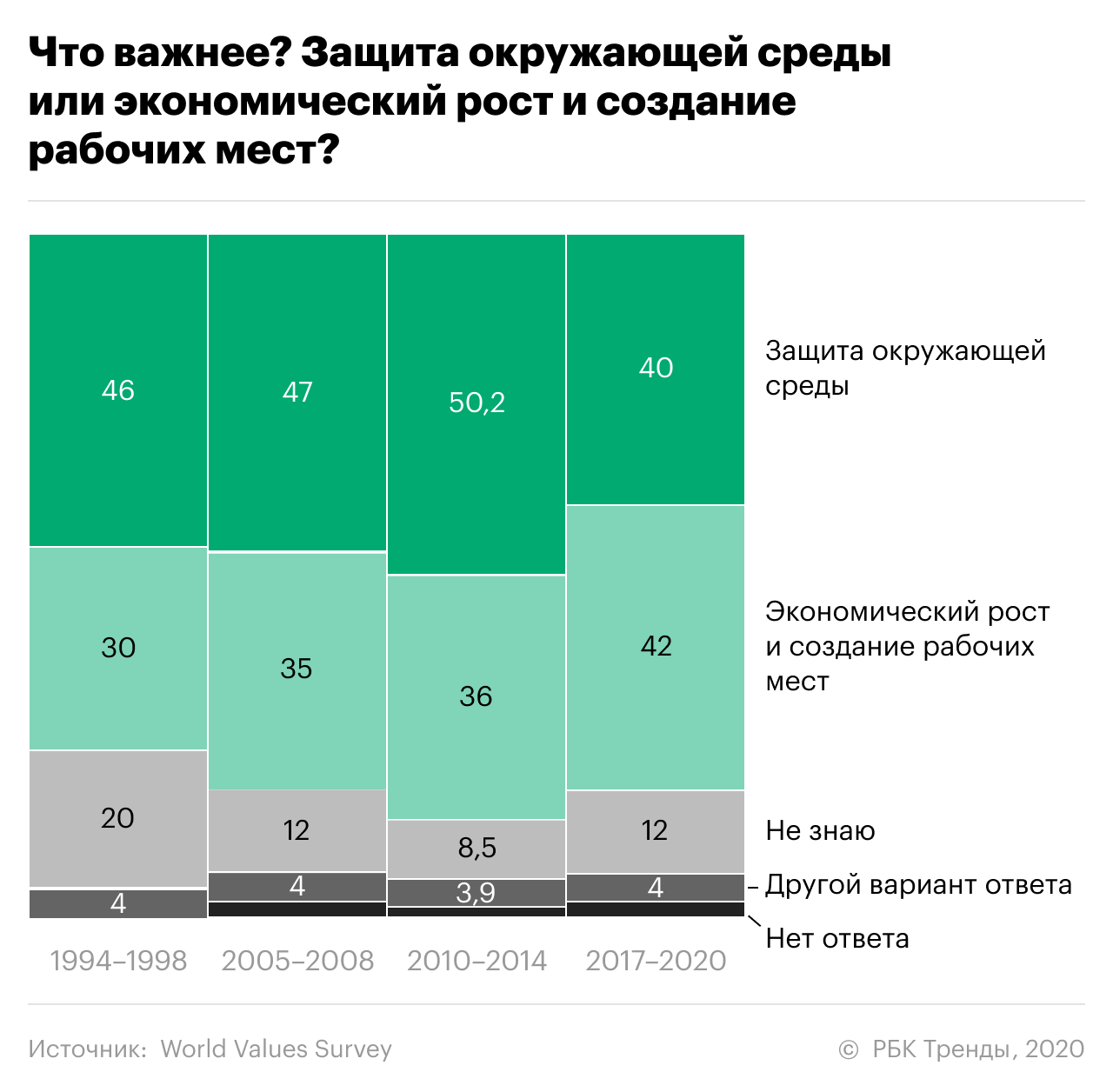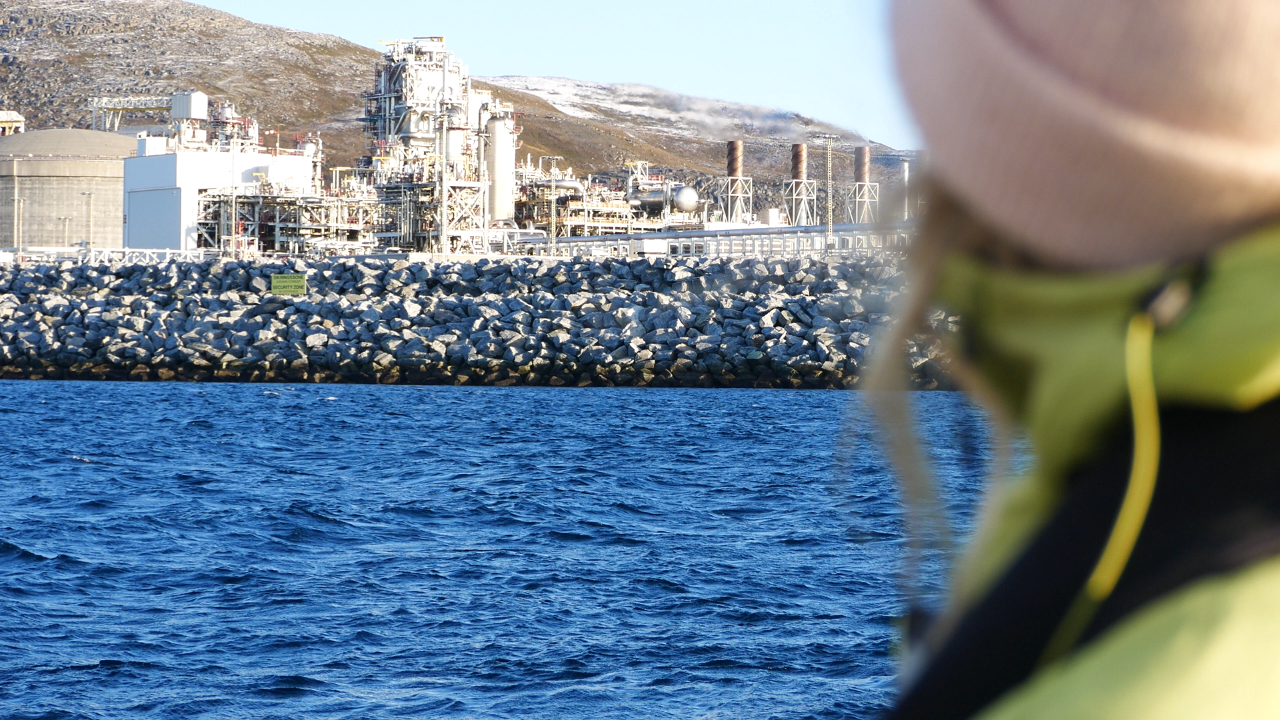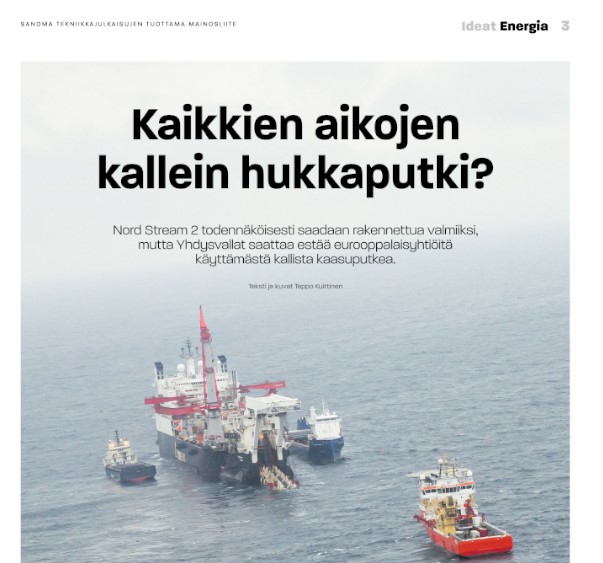ASEEES Convention takes place online this year, and our team participated in it this weekend virtually.
On Friday, the 6th of November, Veli-Pekka Tynkkynen was a discussant at the “Evaluating Energy Development in the Russian Arctic” panel. The aim of the panel was to evaluate energy development in the Russian Arctic from various viewpoints, including those of indigenous societies, businesses, governments, and foreign companies.
The next day, he and Elena Gorbacheva participated in the “Environment and Contemporary Culture IV: Discourses of Energy/Waste” panel. Professor Tynkkynen presented a paper “The ‘Visibility of Energy’ and Energy/Hydrocarbon Culture in Petrostates, and What We Can Learn from it in the Era of Climate Change“:
Oil and gas dependent countries tend to fortify the regime in power by several direct means that can be characterized as ‘naked’ power. Despite the fact that many regimes in Petrostates are highly authoritarian, and have the means and will to control the people by force, this form of power, however, is not sufficient nor efficient enough to maintain power. Therefore, oil and gas dependent countries, such as Russia, Nigeria and UAE, lean on a large spectrum of biopolitical objectives that are entangled with the narrative and practices concerning energy. The outcome is a specific form of geo-governmentality where the materialities and spatialities of oil and gas are utilized to produce a comprehensive narrative including economic, political, and identity-related justifications. Thus, a hydrocarbon culture is being constructed to produce loyal citizens that do not question the economic, political or environmental rational of the Petrostate.
Therefore, the era of climate change is a major challenge to the Petrostates’ regimes to maintain power, as the global energy transition ultimately aims at leaving the fossil era behind. Stitching oil and gas to the nationalistic narratives of Petrostates, aiming to build a hydrocarbon-culture identity, is a process that can, however, teach on a broader front how to combat climate change. The key is that within hydrocarbon cultures the materialities and spatialities – the geology, chemistry, geography and engineering – are made visible for the citizens: people in Russia and United Arab Emirates know, as they are taught by the national energy companies and ministries, how oil and gas is produced, refined and transported, and how these forms of energy are interwoven in the social, political and economic fabric of the society.
Elena Gorbacheva presented a paper “Environmental Mobilization in Russia: Case-study of Protests Against the Shies Landfill Construction”. The paper aimed to understand the dynamic of protest mobilisation against the Shies landfill construction (Arkhangelsk region, Russia) through the frames the protesters utilised.
The next day, on the 8th of November, Alla Bolotova gave a talk “Soviet Mining Villages and Their Afterlife: From Rural to Urban and Back” at the panel “Late Soviet Village II: Things and Infrastructures between Rural and Urban“:
Mining industrialisation played a key role in formation of the structure of settlements in the Soviet Union. While mining cities attracted some attention among researchers, smaller mining villages were almost not studied yet. This paper deals with histories of several small mining settlements in the Soviet Arctic (Murmansk region), focusing on sense of place and interaction with the environment among residents.
